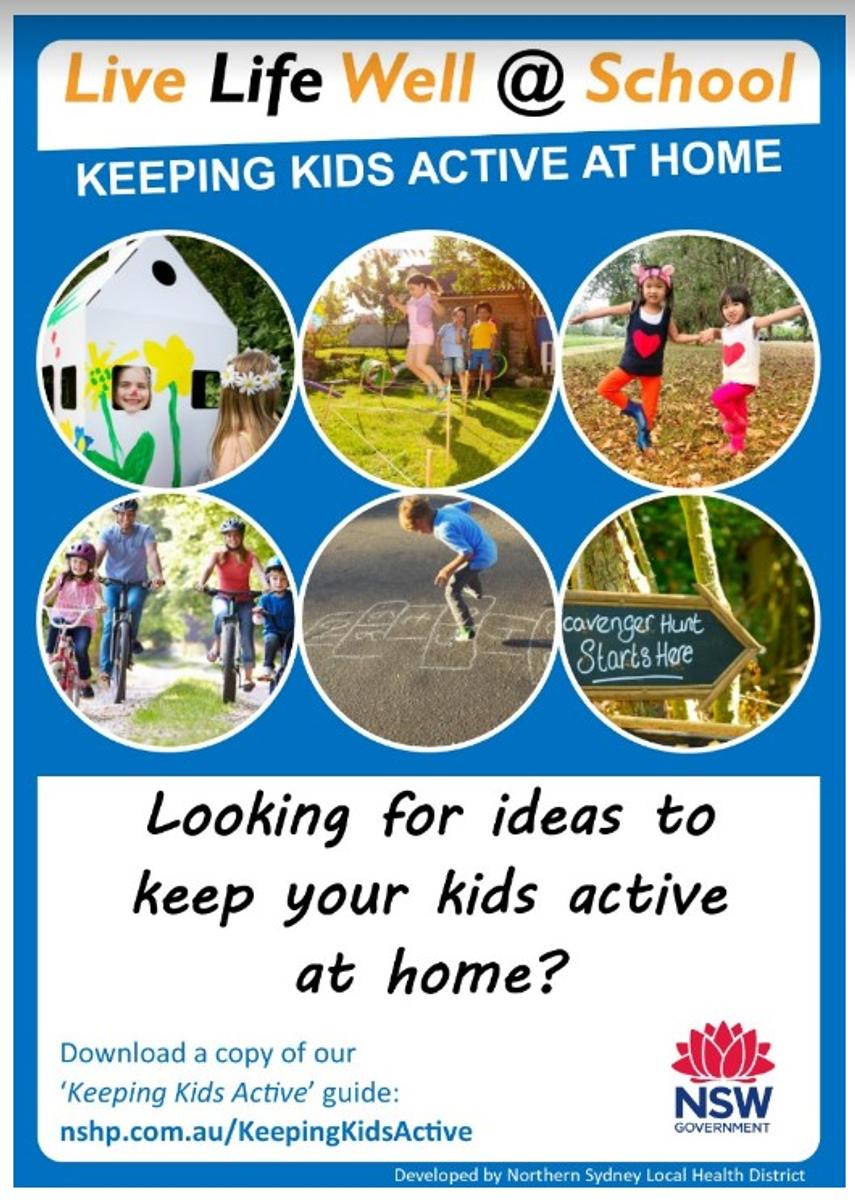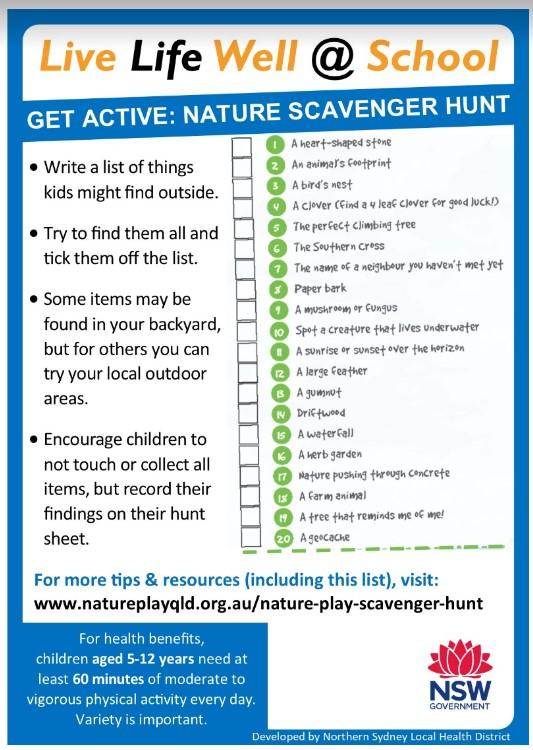Parenting Page

Illawarra Shoalhaven Local Health District - Live Life Well @ School
Is your child OK?
How is your child going at the moment? In the busyness of life, perhaps still working from home due to COVID-19, and restrictions on many of your children's usual activities, some children may be struggling a little. Some of these apps might be useful for you in supporting your child's mental health.
Smiling Mind
Smiling Mind is a unique web and App-based program developed by a team of psychologists with expertise in youth and adolescent therapy, Mindfulness Meditation and web-based wellness programs. Smiling Mind is a free tool that will assist in improving the lives of young Australians, and is available online or as a smartphone App. Smiling Mind’s mission is to provide accessible, life long tools based on mindfulness meditation. Creating happier, healthier, and more compassionate young people.
Calm
Calm produces meditation products, including guided meditations, a book, narrated Sleep Stories, and health and meditation videos. Their primary product is the meditation app, available on iPhone and Android devices. The app aims to help users sleep better, boost confidence and reduce stress and anxiety, all with the help of guided meditations, soothing music, and bedtime stories.
Staying the course in COVID times
POSITIVE PARENTING
by Michael Grose
COVID-19 continues to test us in ways that were unimaginable at the start of 2020. It’s becoming the defining event of this generation and a reference point for decades to come. We’ve had depression kids, war kids and now we have COVID-19 kids.
The impact of COVID-19 is felt differently across the country. Currently, Victoria is in Stage 4 lockdown while other states are on high alert. Not every student is working from home, but most students are COVID conscious, knowing that they’re only a corona cough or virus-filled hug away from remote learning.
Encouraging kids to stay the course when they’ve been denied access to the classroom, peers and community activities is now a common parenting challenge. Denial is generally tolerable in the short term, but the novelty of changed circumstances soon wears off. The following strategies will assist both parents and kids to stay the COVID long course:
Accept difficult emotions
‘There’s nothing so bad that we can’t talk about, but there are behaviours that we won’t accept’ is a mantra that serves families well. It’s okay for children to feel frustrated, annoyed, angry or upset about their change of circumstances due to the pandemic but that doesn’t give them permission to behave disrespectfully, miss school requirements or fail to assist at home. It helps if parents validate how their children feel, then encourage them to focus on fulfilling school and family expectations.
Encourage acceptance
Some children and young people will protest the COVID induced changes that have been imposed upon them. In some respects, it may be admirable for children to push for a better deal, but the severity of the COVID-19 pandemic means that the individual needs to bend toward the greater community good. This is simply a case of accepting and making the best of the situation at hand.
Take it one day and week at a time
On family bush walks my young children would rarely complain when the tracks were windy. The complaint levels rose when paths were long and straight as the finish line seemed such a long way off. In a similar vein during our current times it’s smart to keep kids focused on getting through each day and week rather than look too far ahead. Six weeks of Stage 4 may seem intolerable, so it’s better to focus on getting through each day and week.
Be the hope person
Help children and young people understand that they will get through difficult times. “This too shall pass” is perhaps the most apt meme for our times. If your hope bucket is emptying out, seek out positive friends and relatives who can top it up. Our own resilience needs nurturing if we are to last the distance.
The internal parenting manual that guides us probably doesn’t include chapters dealing with remote learning, lack of peer interaction and kids’ disappointment. Most of us are treading new parenting ground so it’s best to be open to change, accepting of difficulties and forgiving of inevitable parenting stumbles.
How can you help your child recover after school?
Here are three essential things you can do to help your child with their learning and improve relationships.
- RELAXATION- give your child/ren time for relaxation. Plan some quiet time for recovery.
- SLEEP- make sure your child/ren are getting enough sleep. At least 10 hours is good. Good sleep improves your child's ability to retain memory and learning from the day. Watch this clip What Would Happen If You Didn't Sleep?
- EXERCISE - will help your chil/ren improve well being.
What can I do if my child is experiencing a problem at school?
by Michael Grose
Need Help with Devices and the Internet at Home?
The eSafety Commissioner website helps Australians to have safer, more positive experiences online. The site has a parent page that provides advice for parents and carers to help children have safe experiences online. eSafety Commissioner.
ADDITIONAL SHORT ARTICLES FROM 'PARENTING IDEAS'





